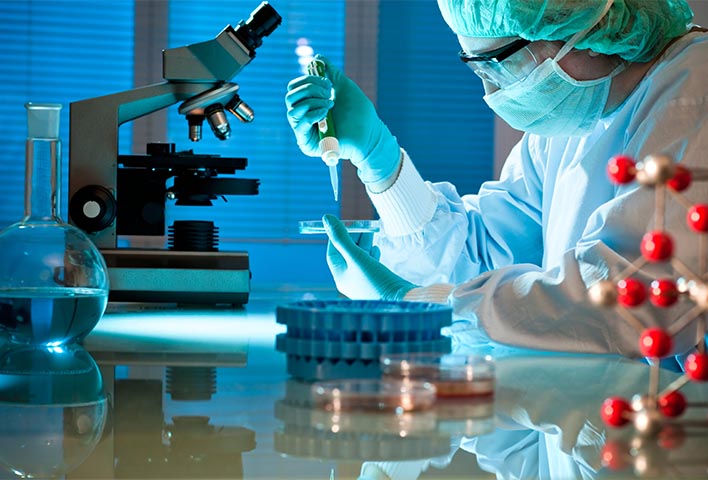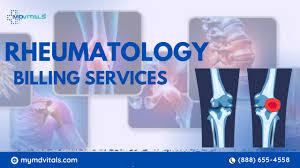Developing effective drug products is the primary objective of a drug development process. However, the success of a drug product depends on safety testing. Hence, testing the safety of a drug product must be a priority in the discovery, preclinical and clinical phases of drug development.
Although preclinical safety or toxicology studies in drug development are conducted in the discovery phase, most toxicology studies are performed during the preclinical and clinical stages of drug development. The primary aim of toxicology studies is to test a drug product in animal models and identify the potential safety of that drug in humans. The current article highlights three ways toxicology studies evaluate the safety of a drug candidate.
Support IND applications
The IND application for a drug product features a summary of toxicity data, including in vitro and in vivo Toxicological Studies. These studies aim to gain approval from the US FDA to test the potential drug in human subjects. The preclinical toxicology study consists of four study types, acute toxicity studies, repeated toxicity studies, safety pharmacology studies, and genetic toxicology studies.
Preclinical toxicology testing begins with short-term acute toxicology studies. These studies identify the doses for long-term animal studies. A preclinical toxicology study is followed by repeated dose toxicity testing. The doses identified in acute toxicity testing are administered in animal subjects for up to 30 days. These studies generally include drug doses with higher levels than the ones a human subject would receive. These higher doses help identify any potential toxicities or adverse effects. Some critical evaluations of repeated dose toxicity testing include drug exposure, changes in the drug product, effects on blood chemistry, and effects on target organs.
Safety pharmacology studies assess the drug’s effects on the respiratory, cardiovascular, and nervous systems. On the other hand, genetic toxicology studies evaluate whether the drug alters or damages the DNA of the study subjects.
Accelerate drug development timeline
Toxicological studies remain a vital component of drug development studies. Bioequivalence tests of drugs include in vivo and in vitro bioequivalence studies. These studies are the primary reason for the rapid release of generic drug products into the market. Besides, toxicokinetic (TK) studies focus on evaluating the safety and efficacy of Drug Products. But what are TK studies? TK studies help accelerate drug development timelines by providing toxicity data correlated to systemic exposure to time.
Support clinical trials
During the clinical trials, sponsors must continue with toxicology studies for the submission of new drug applications. Although clinical trials focus on testing the potential drug compound on humans, sponsors must continue toxicology studies in animal models for the same period as the clinical trials. A typical nonclinical toxicity assessment includes subchronic and chronic toxicity studies, reproductive toxicity studies, and carcinogenic toxicological studies.
Must Read: How Bioanalytical Services Are Transforming Drug Development and Research
Subchronic and chronic toxicity evaluations are similar to acute and repeated dose toxicity testing. However, these studies are conducted for an extended period and focus on assessing long-term safety in animal models.
Reproductive toxicity studies aim at identifying potential effects on male and female reproductive organs, developing fetuses, or male and female fertility. On the other hand, carcinogenicity testing involves testing a drug product over the time of its lifespan. Ideally, these studies are conducted for two years and are assessed for cancer or tumor formation.







